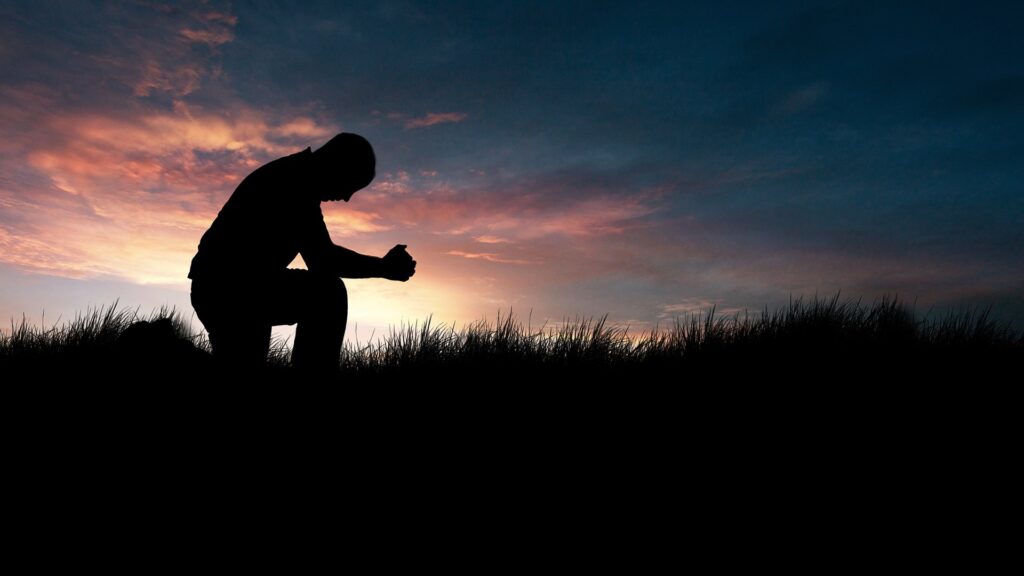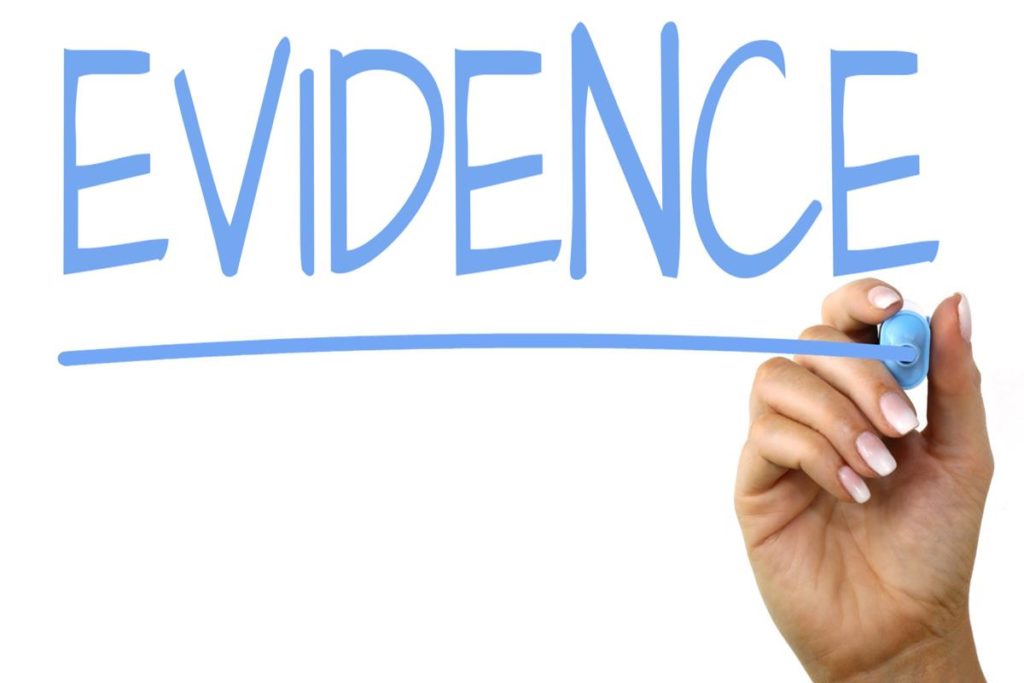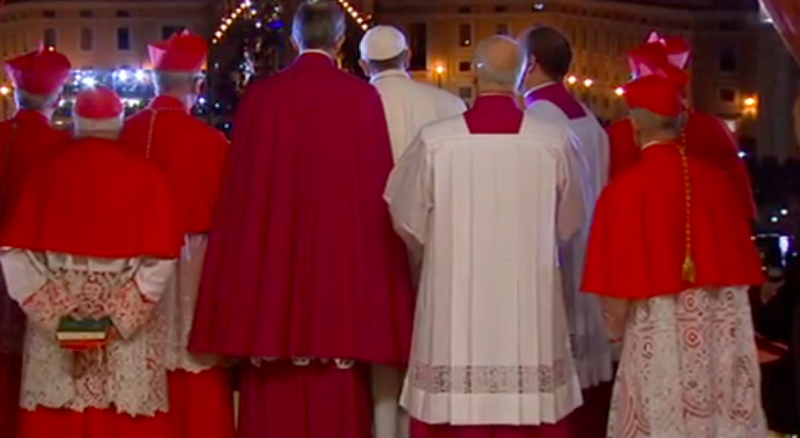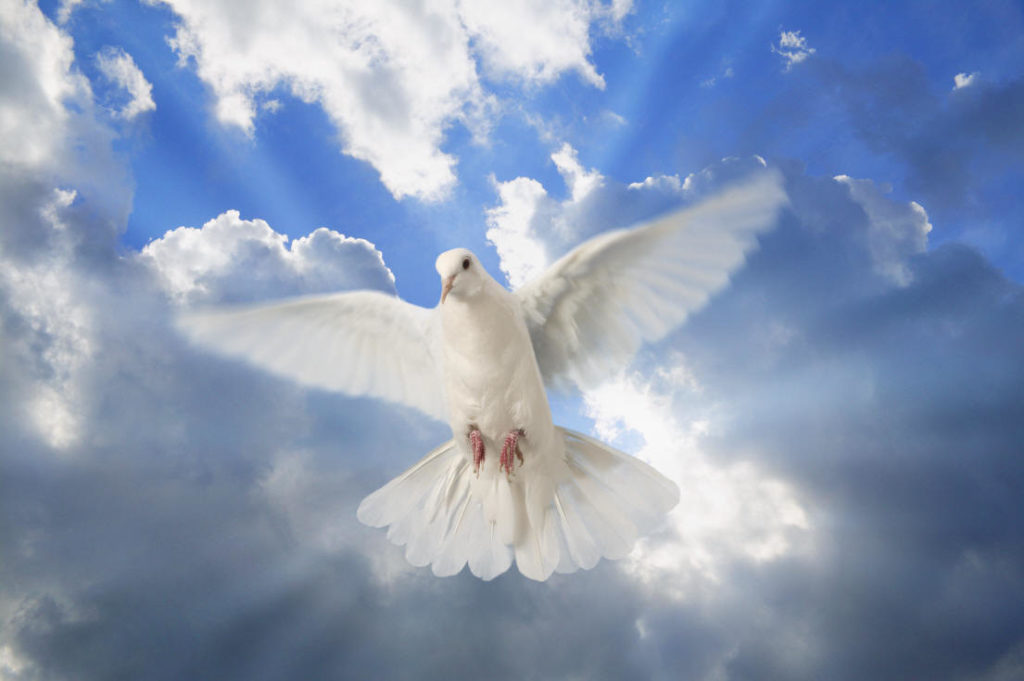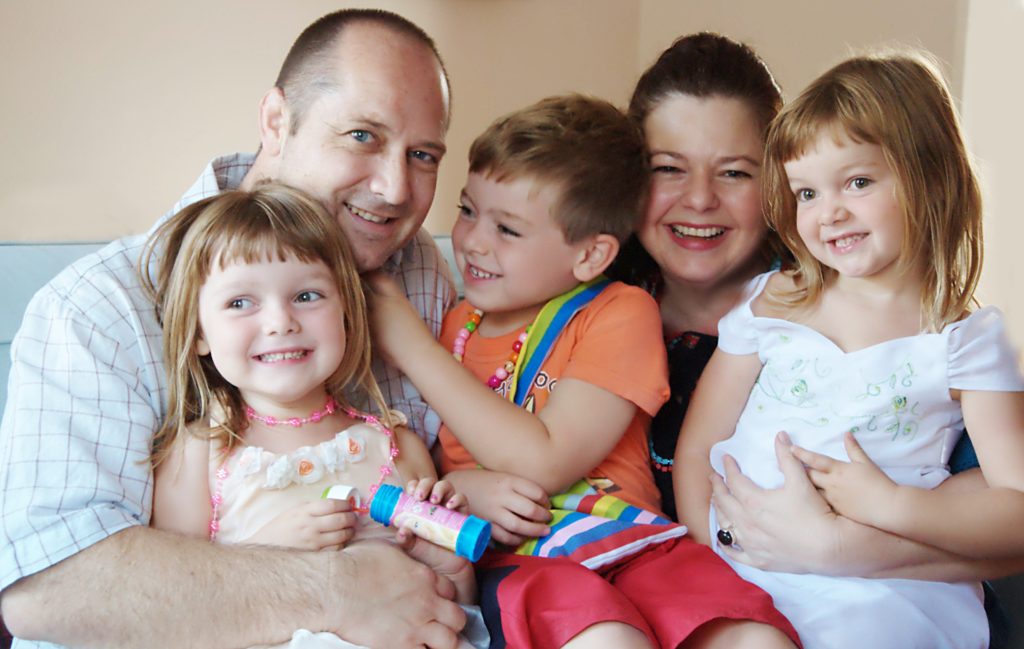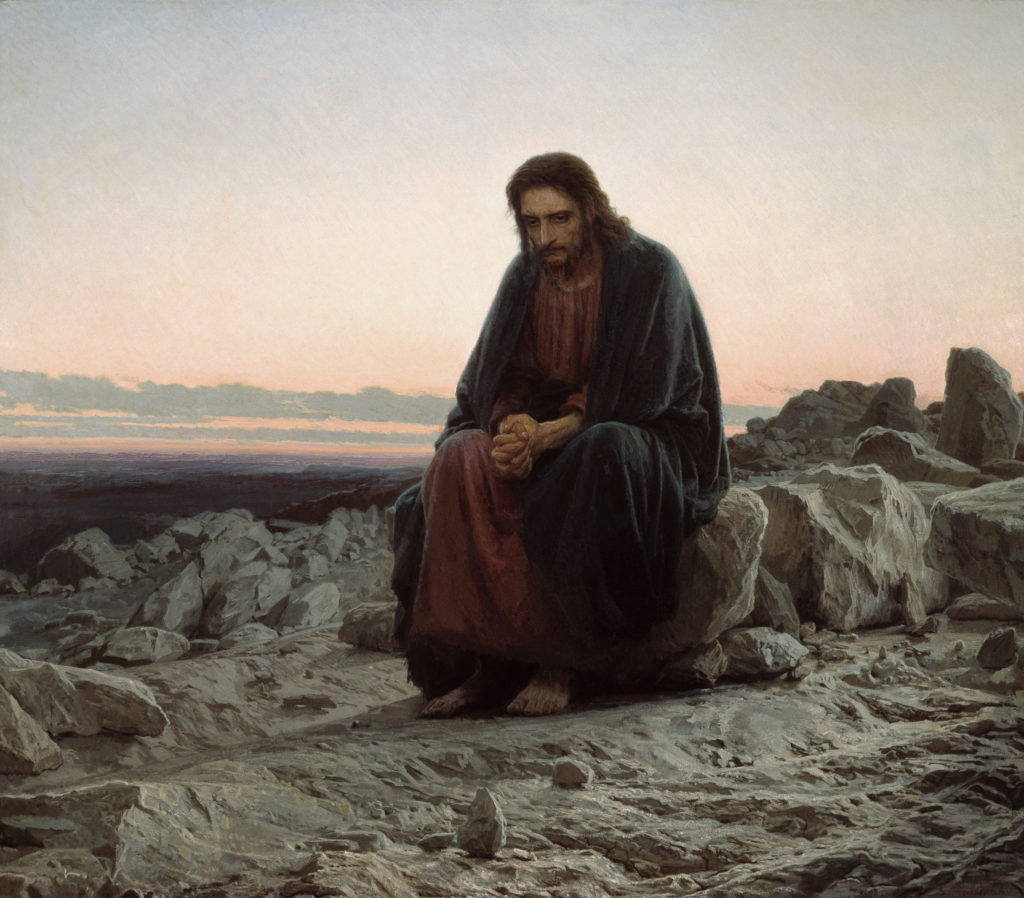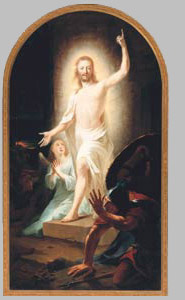Gifts of the Holy Spirit: Fortitude
Two great movies are “Touching the Void” and “Lone Survivor.” The former movie is a documentary about a mountaineer, Joe Simpson, who broke his leg at the summit of a difficult climb, fell off a cliff on his way down, and was assumed dead. And yet he managed to crawl down the mountain on one […]
Gifts of the Holy Spirit: Fortitude Read More »

